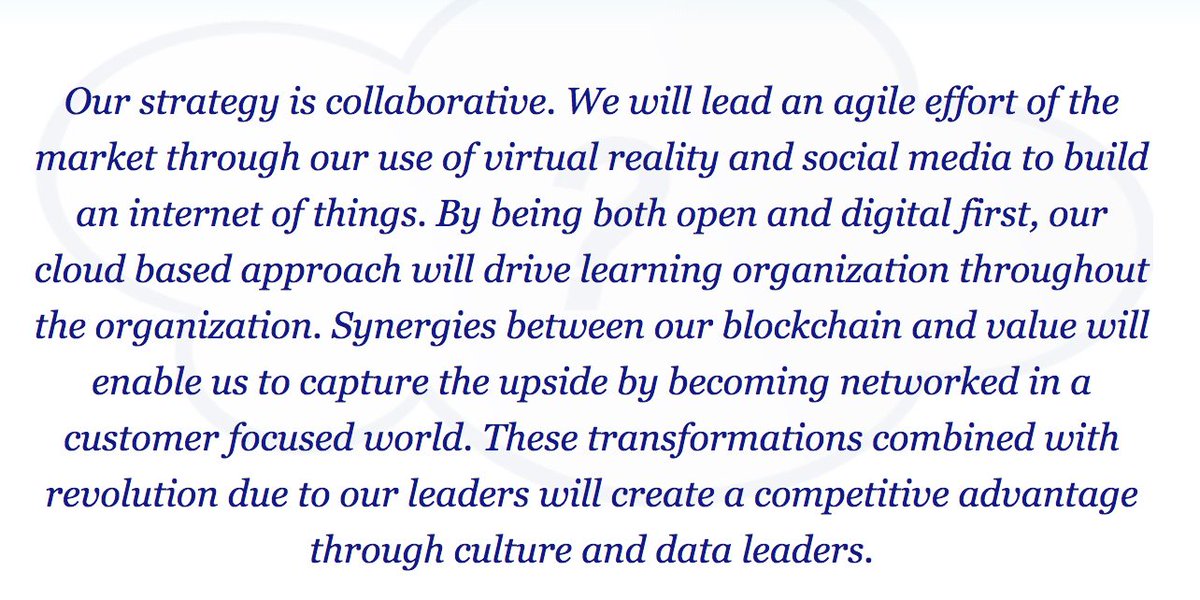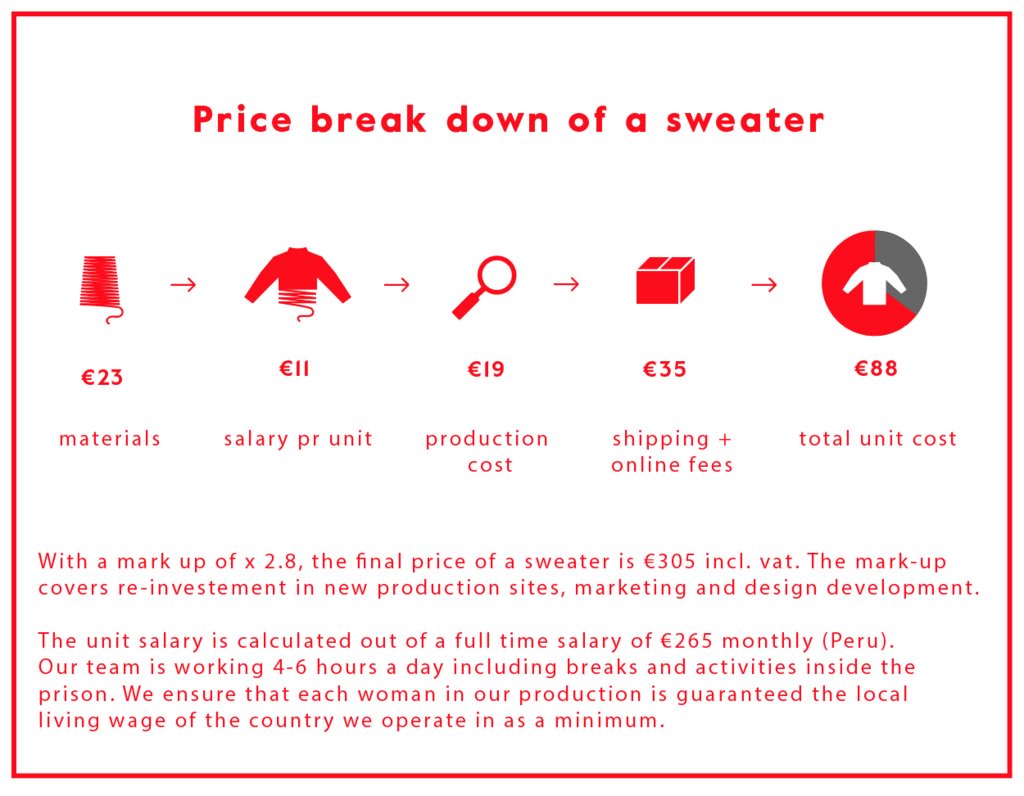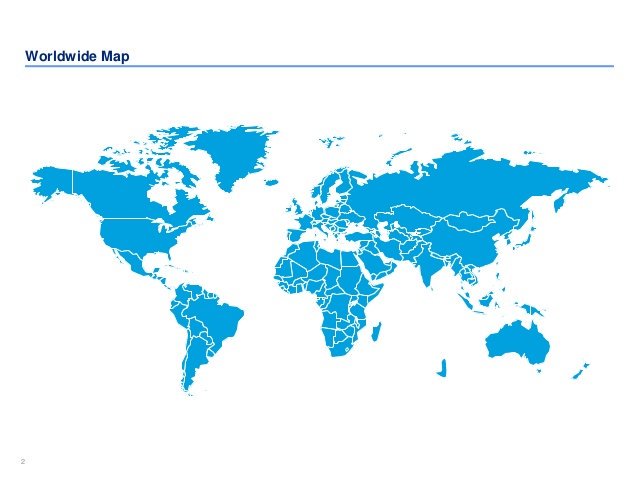Me : Yes, a bit like AWS.
X : This is a revenue play?
Me : Oh, it’s so much more.
X : How do we counter play?
Me : Hold your horses. One sep at a time.
X : How does this help us?
X : Yes
Me : That was broken in 2005. You can grow all three simultaneously and in an exponential way.
X : How?
… the ecosystem innovates, you mine the meta data (i.e. consumption) to spot future patterns which you commoditise to new components.
Innovation, customer focus and efficiency grow with the size of ecosystem.
Me : I advised Pivotal / Cloud Foundry to do this long ago. Create a market of public platform providers on top of AWS.
X : Did they?
Me : Not really. They got sucked into containers. AWS launched Lambda years later and now owns that part of the stack.
Me : Dead duck, an invisible subsystem. NB you’re not competing against AWS but the ecosystem. Those feeds of information enable it to outstrip anyone.
X : Container ecosystem is large.
Me : Irrelevant if no-one is capturing and using those feeds.
Me : No, you’ll need to find it for yourself. I’ve given you enough already. Learn to play chess for yourself. With a bit of practice this becomes easier.
X : Does Amazon use mapping.
Me : No. But some people there do.
#wardleymaps.
Me : You don't. You have to be adaptive and counter opponents move. The beauty of maps is you can apply a gameplay to a landscape and learn what works, what doesn't.
X : What's the fastest way to learn mapping?
Me : Practice.
Me : No really. It's just unfamiliar to most. Lots of people who talk about strategy have never looked at the landscape in any systematic manner. What they do is barely strategy, it's more gut feel, meme copying and magic frameworks.
Me : Yes. We need to be innovative or efficient or customer focused. Mix this with memes and you can autogenerate most "strategy" - strategy-madlibs.herokuapp.com .. just keep refreshing until you find one you like.

Me : It has an advantage of being vastly cheaper than using some very expensive strategy consultancy firms.
















